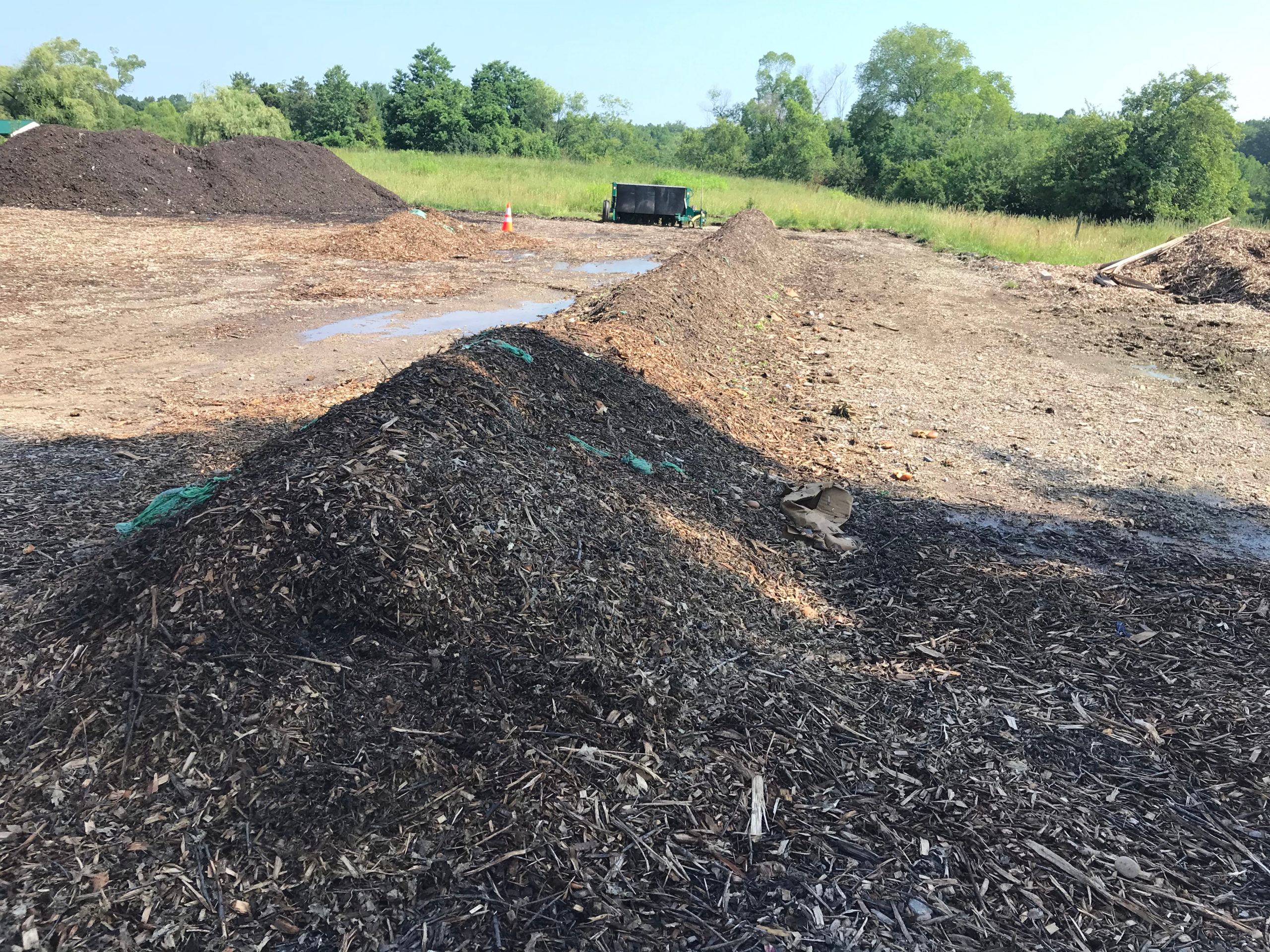Early estimates from organics recyclers suggest that the driest July in 40 years has already seen tonnages fall by around 5%, with a further drop expected as the warm weather continues and crops can’t recover.
This is particularly the case for organics recyclers in the south, while for others it is a more mixed picture.
With lower levels of rainfall, grass and other garden plants are not growing and therefore residents are putting less out for collection.
From a local authority perspective, many are hoping they can limit the impact on recycling rates by reducing the amount of waste generated in the first place, including through the use of home compost bins.
The greatest impact, however, could be felt by those with a high proportion of garden waste contributing to their recycling rates, with some having as much as a third.
‘Mixed’
While the hot weather has impacted garden waste volumes particularly in the south of England, Jenny Grant, head of organics and natural capital at The Association for Renewable Energy and Clean Technology, explained that the feedback from members so far has been “mixed”.

She added: “Some sites in areas who’ve been particularly warm and dry are seeing reduced tonnages and having to add moisture to their feedstocks to ensure effective composting, whilst other sites have not been so affected with tonnages as expected for the season.”
Local authorities
The reduction in garden waste volumes has also been observed across councils, with East Anglia being one of the most affected regions.
Councillor James Mallinder, East Suffolk council cabinet member for the Environment, said: “While volumes of garden waste typically reduce from their spring highs during midsummer, the reduction is greater following periods of extreme heat, such as recently experienced, as a result of decelerated vegetation growth.”
In terms of the recycling rates being affected, Cllr Mallinder added that the local authorities that form the Suffolk Waste Partnership work together to minimise the volume of waste – and thus recyclate – generated, “including by supporting initiatives to encourage the use of home composting bins”.
In Cornwall, the council said that the amount of garden waste collected by kerbside collection service and through the household waste and recycling centres has “shown an increase across the first quarter”, a spokesperson told letsrecycle.com. “There is currently no evidence that the hot weather is having an impact on our recycling rate but if we have a prolonged dry period in the coming weeks, the volumes may be affected.”
London
A spokesperson for North London Waste Authority (NLWA) pointed out that high volumes of garden waste can inflate the recycling rate for authorities which have a high proportion of properties with gardens. In some authorities, garden waste alone can be more than a quarter of the total waste tonnage.
“By contrast, north London has a much higher population density and proportionately less private garden space. Garden waste makes up well under 5% of our waste tonnage.
Results from this period highlight the fact that perceived performance can be dependent on a variety of factors, such as the weather, which vary far beyond local authorities’ control.”
Forecast
The Met Office said that given the trends, “there is a slightly increased likelihood of impact from hot weather during August”.
Looking forward, the Met Office said that there is an increased chance of warm conditions through August to October, with no strong signals for a significant improvement of the current dry conditions.












Subscribe for free